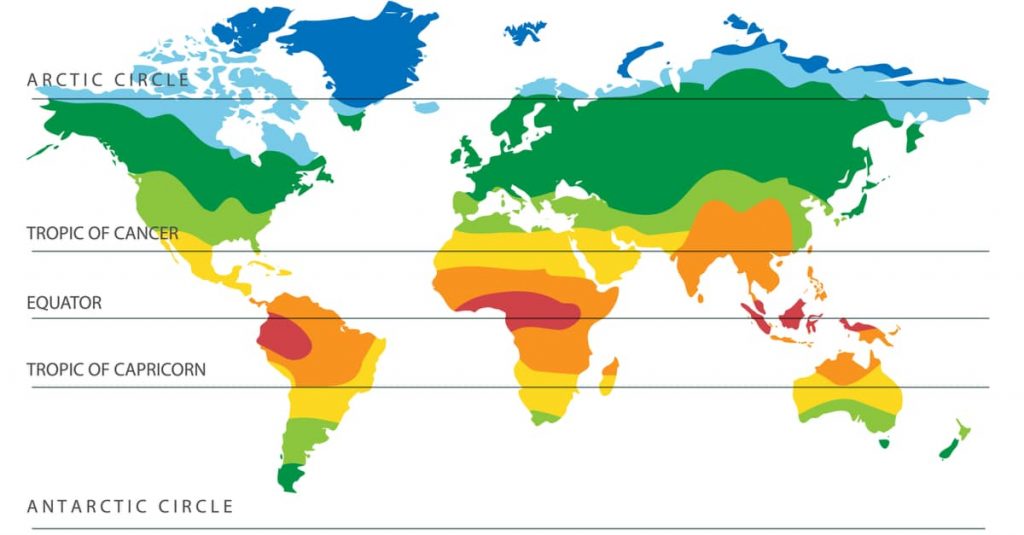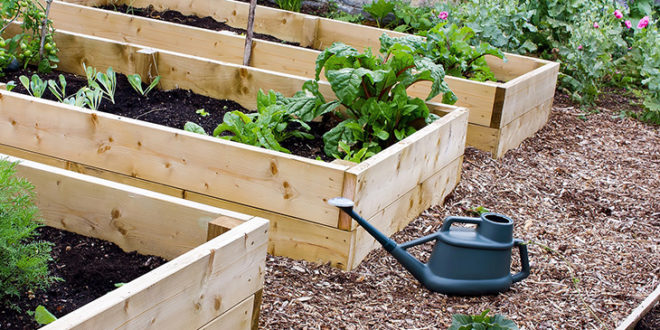Raised Bed Gardening Triumphs Over Poor Soil Conditions
Think that the poor soil where you live means you’re doomed to a life of gardening disasters? Think again.
You can beat your soil problems by taking raising your plants out of the ground. Raised area gardening means you never have to worry about poor soil conditions and that you can have a healthy, thriving garden no matter where you live and what your soil type. Even if you have the world’s best soil for growing, doing your gardening in raised beds still have some advantages. Find out more about the pros and cons of raised bed gardening and see if it is right for you.
Raised Bed Gardening
First things first – As the name suggests, raised bed gardening involves planting your plants in a bed that is off the ground rather than planting directly into the soil. Raised beds come in all different sizes, and there are many different kinds of receptacles for raised beds, depending on the size and where you want to hang the beds.
The ability to manage the soil is one of the most significant benefits of using the raised bed. Because you choose and mix the ground yourself, you can create the perfect soil environment for the plants you want to grow. That means even if you’re going to grow plants that don’t typically thrive in your area because of your local soil composition, you can grow them in raised planters in which you have created the perfect soil for those plants.
There are other benefits to raised areas as well, even if the soil is not an issue in your area. Another significant advantage to consider is the way the raised beds let you target the use of things you put on your garden. Apply fertilizer and mulch where they are needed – and there only – so you end up using less and do not accidentally apply these things where they are not required.
Raised bed gardening makes for more efficient planting
If you use chemical pesticides, herbicides or insecticides, you can use a smaller amount of them, and again, you can target their use. Because you apply them only to the raised bed, you don’t have to worry about runoff or the effects these chemicals can have on your pets or kids who play in your yard. All in raised bed gardening makes for more efficient planting.
One great benefit of a raised gardening bed that is the fact that the planting area is elevated. Since the garden is not ground level, it is much easier to tend.
Garden enthusiasts with back problems will love being able to see their plants and manage them without bending over and dealing with hours of painful work. Raised areas are ideal for people with joint pain and injuries that make it difficult for them to garden traditionally.

Consider the climate in your area
Although raised garden beds have all of these benefits and make different kinds of gardening possible in areas where the soil is not ideal, the beds can’t trump every problem a garden may face. You still need to consider the climate in your area and choose plants accordingly – raised planters or not, and tropical plants won’t grow in snowy climates.
Also, you will still need to pay attention to what level of sunlight your garden area gets and choose your plants with that in mind. Further, although most people with raised beds deal with less pest infestation, you will still need some way to deal with plant-munching insects. Even though raised beds can’t fix everything, however, they are still a great option when soil limits the way you garden.

